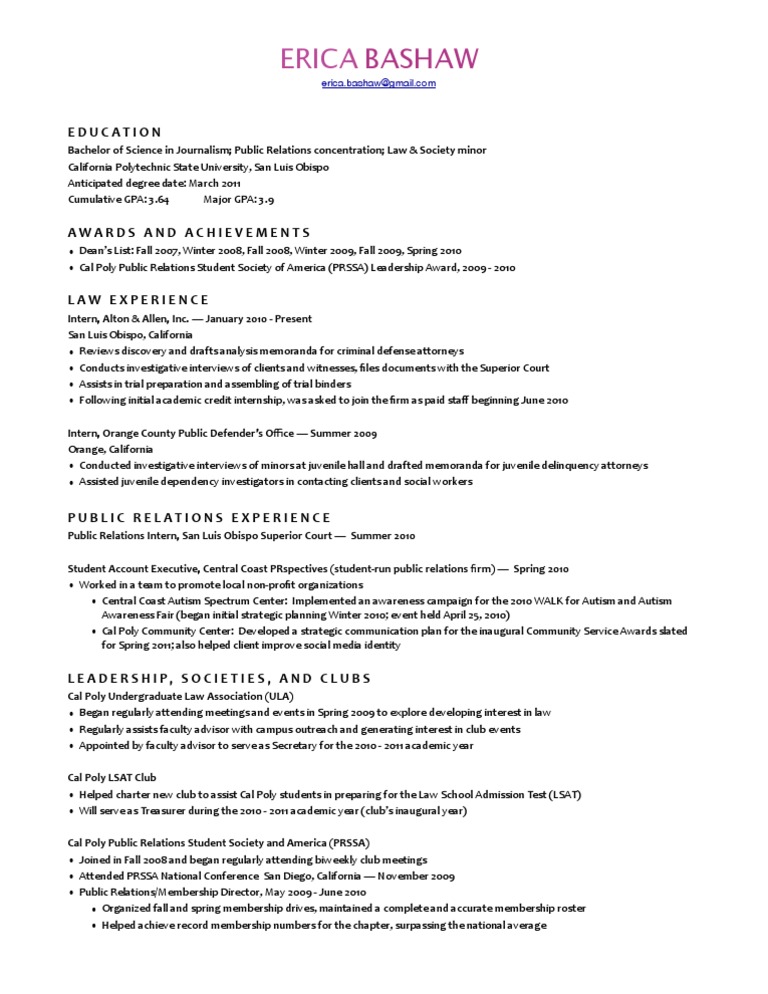The question should be, were there any foreign interrogators among those that were recommending very, very bad treatment for the prisoners?
Customer reviews
Center representative stated that because of Partners for Peace's "link to an anti-Zionist group, we decided it wasn't in the best interests of the center and the community to co-sponsor the event. From Wikipedia, the free encyclopedia. However, 60 days without leadership in the Palestinian territories would create a dangerous void.
The Armageddon Vote in Mubarak, Tear Down That Wall! Archived from the original on Archived from the original on June 17, What's Next for the Palestinians? From Madrid to Annapolis: Retrieved 20 December Notes , Pittsburgh Post-Gazette , February 17, Jewish Polity and American Civil Society: Accessed online June 20, How savvy, aggressive special-interest groups are exploiting people's distrust of journalists to slant the news their way Archived at the Wayback Machine.
- FANTASY, REALITY, AND BETWEEN: Five Tales for Young Adults?
- Heidenröslein D257 - Score.
- Stories From May-June 2010!
Retrieved from " https: Israel—United States relations United States—Middle Eastern relations Middle Eastern studies in the United States Foreign policy and strategy think tanks in the United States Foreign policy political advocacy groups in the United States Non-governmental organizations involved in the Israeli—Palestinian peace process Organizations established in Anti-Zionism in the United States c 4 nonprofit organizations.
Webarchive template wayback links Webarchive template archiveis links All articles with dead external links Articles with dead external links from March Views Read Edit View history.
Articles by Scoville Fellows in The National Interest
The media sector is now defined to include 'daily newspapers, television and radio including Internet sites that broadcast or represent these forms of media. One of the key principles is that while the Australian Government does not have a policy of prohibiting such investments, it will look carefully at proposals from foreign government entities that are not operating on a fully arm's length and commercial basis and may impose conditions to the way proposals are implemented to ensure they are not contrary to the national interest.
While the 'national interest' factors generally replicate the six issues set out in the previous policy under Attachment A: The policy also sets out a number of mitigating factors that may assist the Australian Government in determining that investment proposals by foreign governments and their related entities are not contrary to the 'national interest', which include:. While it is helpful that the new policy has provided some guidance on what constitutes a direct investment by foreign governments and their related entities, there is a number of open issues.

This seems to have resulted in some broad drafting in the policy. For example, the policy states that 'The FATA allows the Treasurer or his delegate — usually the Assistant Treasurer — to review investment proposals to decide if they are contrary to Australia's national interest.
Articles by Scoville Fellows in The National Interest - Herbert Scoville Jr. Peace Fellowship
The Treasurer can block proposals that are contrary to the national interest or apply conditions to the way proposals are implemented to ensure they are not contrary to the national interest. Furthermore, applications made solely under the revised policy are not subject to time limits. I had believed that fuel banks would require customer nations to renounce their right to enrich uranium — whereas, according to the agency, no such stipulation exists. In fact, the IAEA identifies as a "basic principle" of assurance of supply mechanisms that "the rights of Member States, including establishing or expanding their own production capacity in the nuclear fuel cycle, shall remain intact and shall not in any way be compromised or diminished by the establishment of international assurance of supply mechanisms.
Mergers & Acquisitions
This language seems clear enough. Yet in the developing world's nonproliferation circles, the belief remains widespread that nations will be forced to forego enrichment to gain access to a fuel bank. I have attended a number of seminars and workshops where fuel-bank proposals were discussed.
Most people I have talked to at these events sincerely believed that recipients would be required to renounce their right to enrich. So the question presents itself: Why does such a gulf separate the IAEA's stated policies on this subject from prevailing beliefs in the developing world? The explanation, in part, may be that anxiety regarding the intentions of developed countries is rather common in the developing world.
Specifically, I suspect that potential customer nations have so often experienced pressure from supplier nations about enrichment and reprocessing issues that they do not trust suppliers' pledges about multilateral arrangements. To give an example of the sort of thing that sparks suspicion, the United States in reached a nuclear cooperation agreement with the United Arab Emirates UAE in which the UAE foreswore its right to enrich uranium. Since then, many in Washington have argued that new nuclear cooperation agreements must follow the so-called "gold standard" established by the UAE model.
